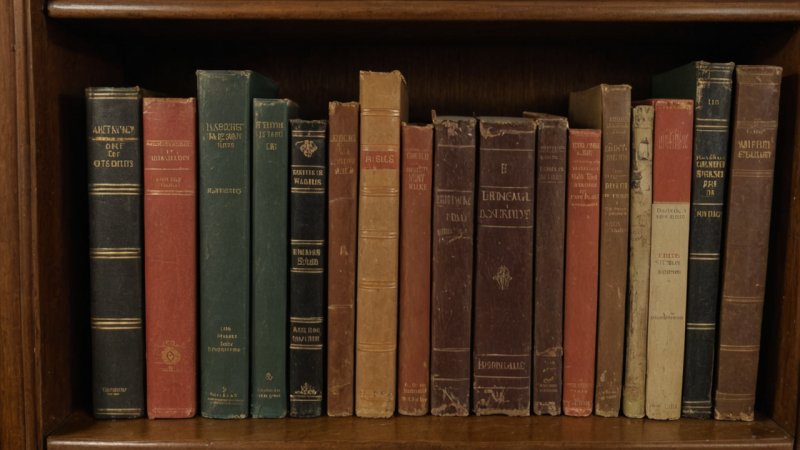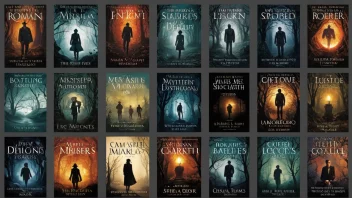Classic novels are often celebrated for their timeless themes and intricate narratives. However, understanding the historical context in which these works were written can deepen our appreciation and interpretation of their content. Each classic novel is a reflection of the time it was created, capturing the social, political, and cultural nuances of its era.
Take, for example, Pride and Prejudice by Jane Austen. Written in the early 19th century, this novel is set against the backdrop of the British Regency period, a time characterized by significant social change, especially regarding class and gender roles. Austen’s keen observations of her society are woven into the lives of her characters, providing readers with a lens through which to examine the constraints and expectations placed upon women of her time.
Similarly, To Kill a Mockingbird by Harper Lee highlights the racial tensions in the American South during the 1930s. The novel not only tells the story of a young girl named Scout Finch but also reflects the deeply ingrained racism and social injustices of its setting. Lee’s portrayal of the legal and moral dilemmas faced by her characters invites readers to engage with the historical realities of segregation and civil rights, making the novel a critical commentary on its time.
Another classic, 1984 by George Orwell, offers a chilling glimpse into a dystopian future shaped by totalitarianism and surveillance. Written in 1949, Orwell’s work was influenced by the aftermath of World War II and the rise of oppressive regimes. The themes of government control and individual freedom resonate strongly with readers today, serving as a warning against the potential consequences of unchecked power.
Exploring the historical events that influenced these classics can transform our reading experience. Recognizing the societal issues, technological advancements, and political landscapes of the time enriches our understanding of the characters’ motivations and conflicts. Moreover, it allows us to draw parallels between the past and present, highlighting the enduring relevance of these works.
For literature enthusiasts, diving into the historical context of a novel adds layers of meaning and insight. It encourages critical thinking and invites discussions about how literature reflects and shapes society. As we explore classic novels, we should consider the authors’ intentions and the historical backdrop against which their stories unfold. This comprehensive approach not only enhances our literary analysis but also fosters a deeper love for reading and understanding the complexities of human experiences.
In conclusion, the historical context of classic novels is crucial for a fuller appreciation of their themes and narratives. By examining how historical events influence literature, we can better understand the societal conditions that gave rise to these enduring works. Each classic not only tells a story but also serves as a time capsule, inviting readers to reflect on the past while considering its implications for the present and future.






